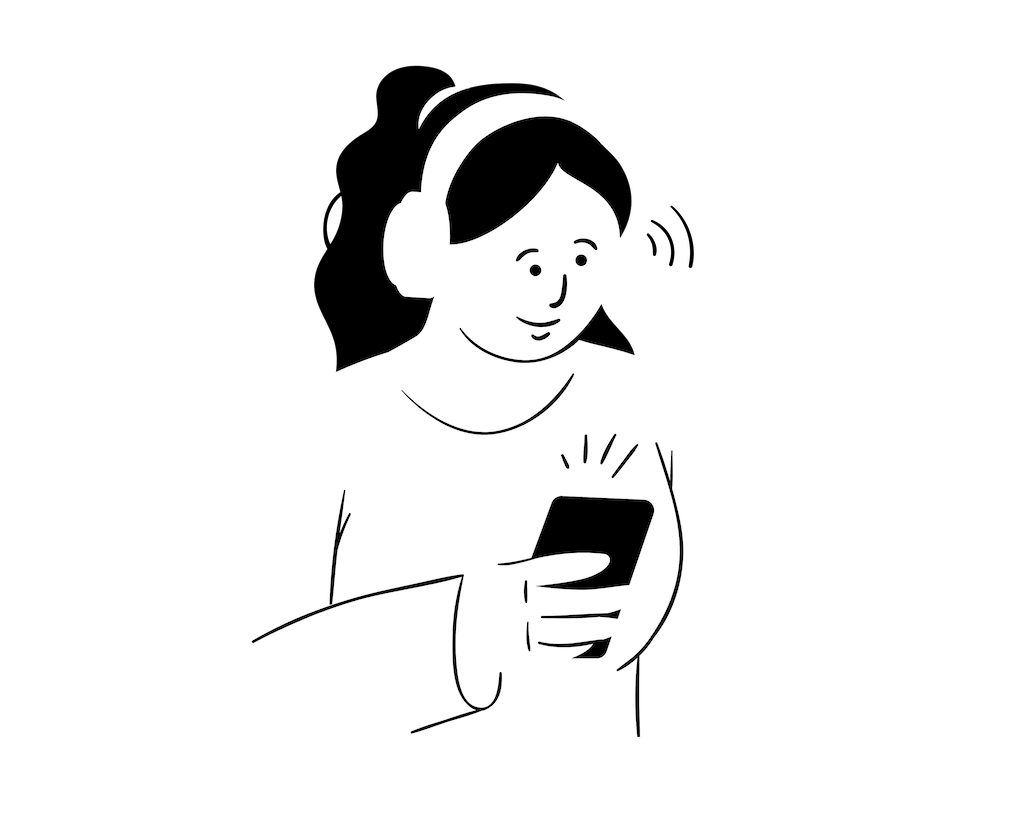
It’s in the name.
Language Rehearsal is exactly what it sounds like: the act of rehearsing language.
We didn’t invent the technique. It’s something we all already do every day, often without realizing it.
From the moment we wake up, we’re rehearsing.
Think about it. Before heading out the door, you might imagine what your day will look like. You picture the conversation you’ll have at the café. You mentally rehearse what you’re going to say in that meeting. Before a date, you might even run through a few lines in your head (or out loud if you’re like me).
Unless of course you’re someone who just wings it every time and magically pulls it off (if so, I’m both impressed and confused), you’re probably rehearsing without calling it that.
Let’s start with the dictionary. According to Merriam-Webster, to rehearse means:
- to say again - repeat
- to recount in order - enumerate
So at its core, language rehearsal is repetition. And repetition is the foundation of learning anything.
Athletes do drills. Musicians run scales. Public speakers go through their lines. And when we’re learning to speak a new language? We need the same kind of practice.
The difference is, it has to be meaningful.
Repetition builds pathways in the brain. It strengthens your recall. It lets you perform under pressure, even when you’re nervous. There’s plenty of neuroscience to back that up, including research showing that even mental rehearsal can boost performance. Not convinced? Have a read of this Stanford report on how Mental rehearsal prepares our minds for real world action.
But the idea of repetition can also feel… boring. Flashcards. Grammar drills. Tedious vocab apps.
If someone said, “Hey! Want to sit down and do some repetition?” - you’d probably feel your soul leave your body.
That’s where framing matters.
Rehearsal still includes repetition, but it feels more alive and human.
It’s what actors do before a performance. It’s what athletes do before a game. And in language learning, it’s what we do when we practice real phrases we actually want to say.
That’s the magic. You’re not just drilling random vocab, you’re rehearsing your own voice. Your own stories. Your own life, but in a new language.
The app we’re building is built around this method. You choose what you want to say, in your own words. Then you rehearse those lines, hands-free. The app reads the line out, then you repeat it. As many times as you want.
You can adjust the speed, the number of repetitions, even add background sound if you like. And yep, it works in your native language too. Want to get better at small talk? Presentations? Less awkward at parties? Use it for that.
Language Rehearsal helps you get the benefits of repetition, without the burnout. Because it’s not gamified jargon. It’s not just flashy streaks or vocab levels. It’s your own voice, getting stronger.
And no, it’s not meant to replace everything else. You’ll still want to watch movies. Read books. Listen to music. Follow your interests. That’s your input, the stuff that inspires you and fills your brain with real language.
But Language Rehearsal is your output. It’s the glue that helps you take all that input and actually say something with it.
And yeah it’s not for everyone. Some people love grammar drills. Others thrive with tutors. But if you’re a bit more introverted, self-led, or just want something simple that actually works, that you can use whenever? This could be your thing.
The app isn’t on the App Store just yet. We’re still polishing it, making sure it’s robust, reliable, and delightful to use.
But if you wan't to be kept in the loop, leave your email below.
Or curious to learn more? Send us an email: info@languagerehearsal.com
Thanks for reading!